If a night of restful, quality sleep is ever elusive, your daily habits are in need of a revamp. Read on for 25 tips and tricks to get you on your way to a better night’s sleep.
1- Wake Up at the Same Time Every Day
Sleeping in on the weekends can make it that much harder to feel well-rested during the week, so stop the Sunday morning lie-ins and stick to your normal wake-up time. You’ll have an easier time getting to sleep and won’t feel as groggy the next morning.

2- Eat Sleep-Inducing Foods
A nighttime snack of Greek yogurt drizzled with honey may just help you get a better night’s rest: both honey and dairy contain compounds that may induce sleep. Get a list of sleep-inducing foods here so you can choose your midnight snack wisely.
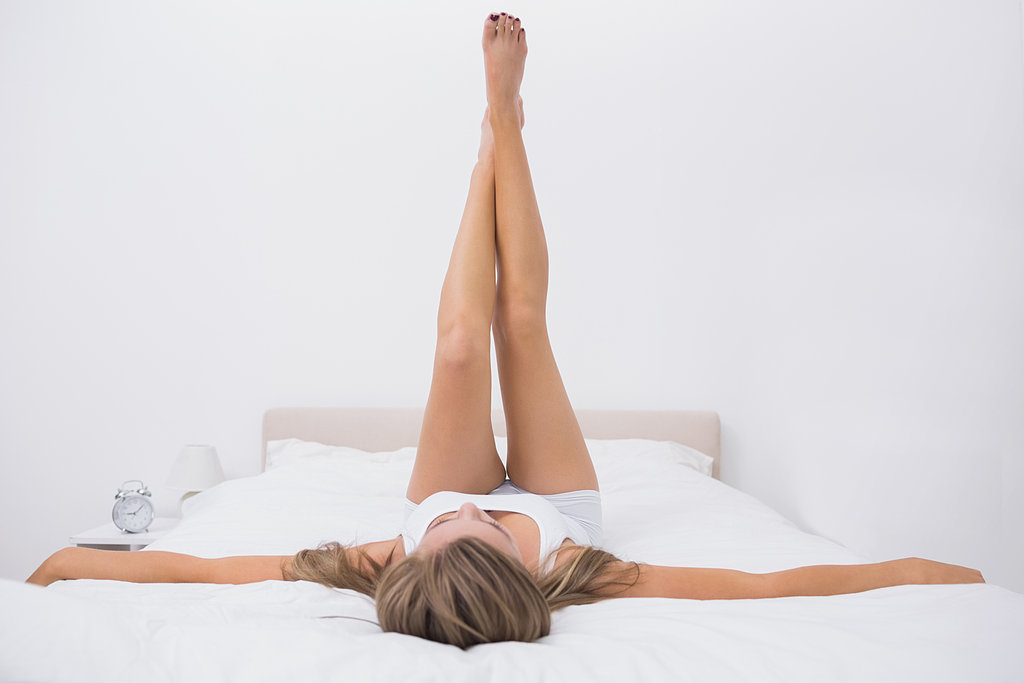
3- Stretch Before Bed
Stretching your limbs relieves aches, but it can also calm you and prep you for sleep. Here are a few ideas for stretching before bed so you can begin the relaxation process.

4- Put Away the Electronics
The blue light from tech devices tricks your mind into thinking it’s day, so have a cutoff time for watching movies and catching up on email that’s at least 20 to 30 minutes before you need to get to sleep.
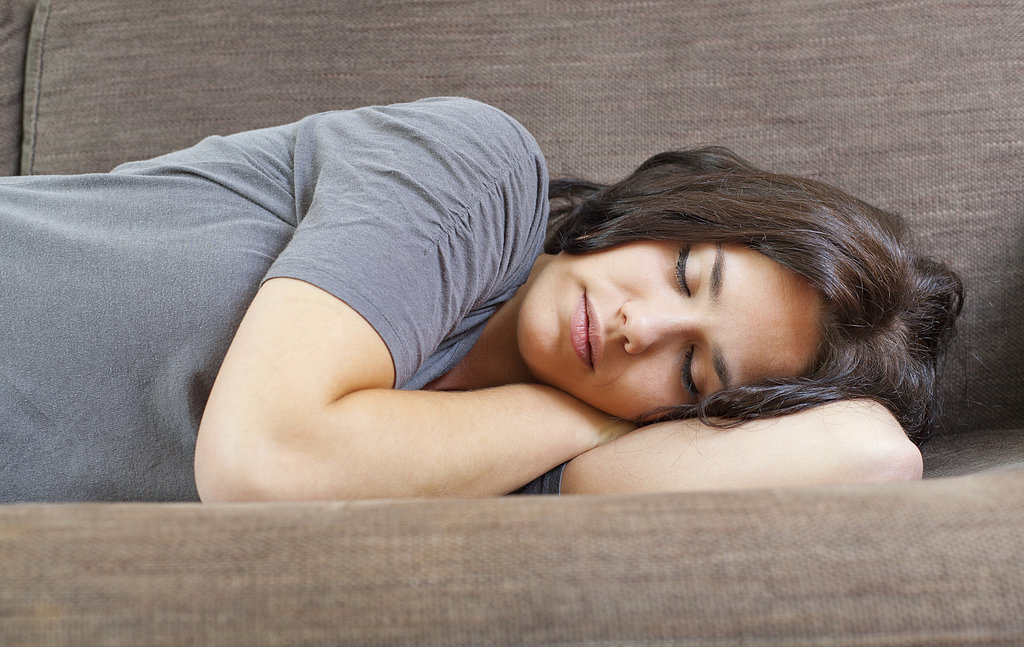
5- Don’t Nap
Even if restless sleep makes you want to nap during the day, don’t. That nap may be just what’s keeping you from catching nightly Zs. Instead, take a walk or get some fresh air to reenergize until it’s bedtime.
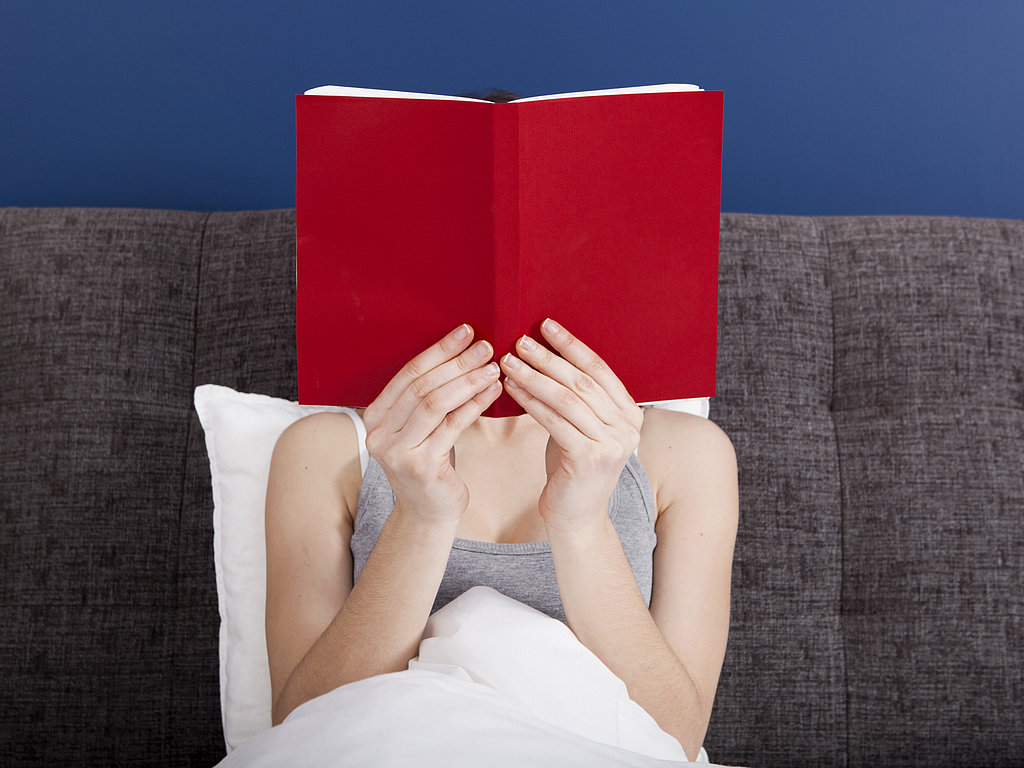
6- Read a Book
Set aside a few minutes each night to meander your way through a favorite book to help power down from a hectic day.

7- Don’t Drink
Alcohol in your system can lead to a disruptive night of sleep, so if you usually enjoy a glass of wine every night, go without and see if it helps your slumber.

8- Take a Warm Bath or Shower
A warm bath or shower can further soothe your muscles; it’s also great if you’re suffering from a cold or allergies, since the hot steam can help open up your sinuses to help you breathe better while you sleep.
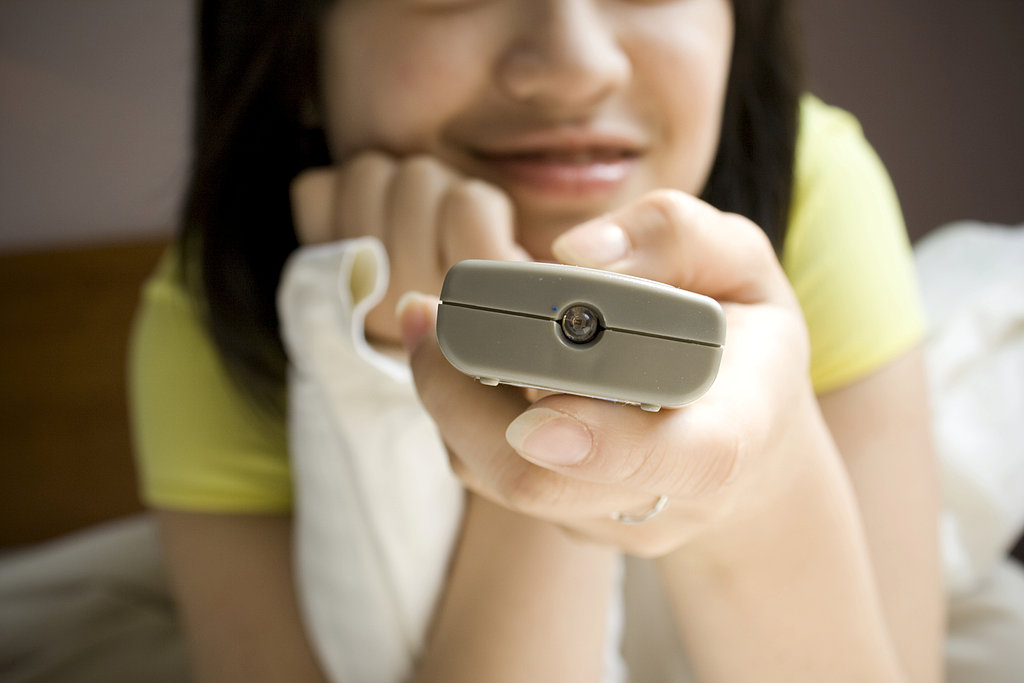
9- Go Dark
Electronics, alarm clocks, street lamps — all of these can prevent deep sleep. Turn off your TV before you drift off to sleep, get blackout curtains to keep outside light away, and cover anything else that’s contributing to light pollution in your bedroom.
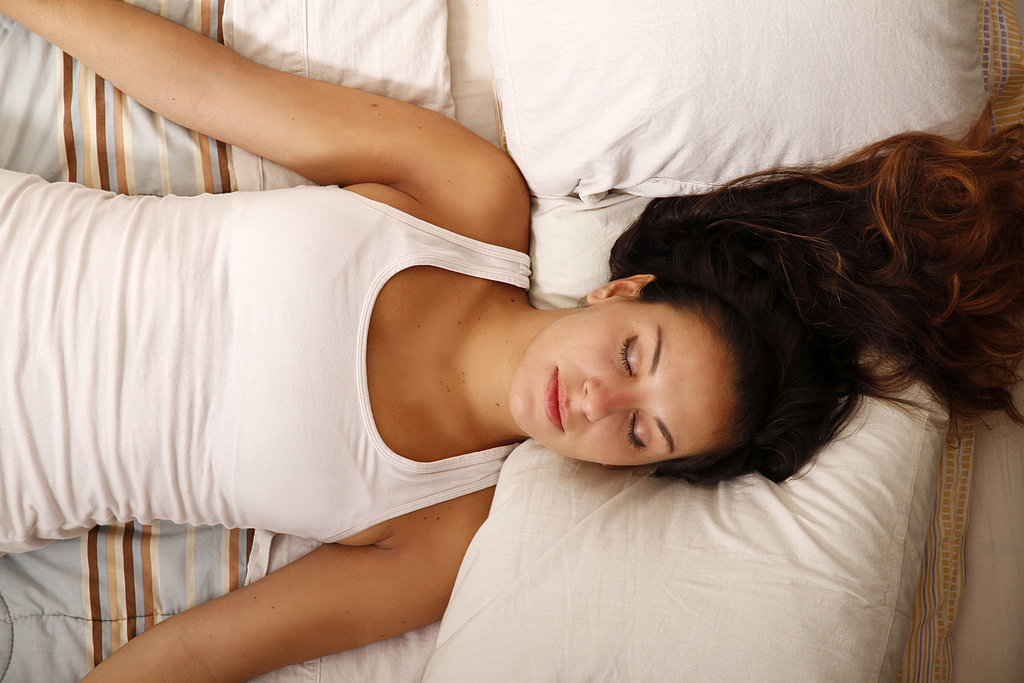
10- Change Your Pillow
Your pillow may be hindering, not helping, your sleep, so make sure you’re sleeping on the right one for you. Check out this guide of pillows you should be using based on your sleeping style.

11- Drink Herbal Tea
Settling down with a mug of noncaffeinated tea can help you relax before bedtime. Up the sleep-inducing power by opting for herbs that have their own relaxing properties, like chamomile, mint, and valerian.
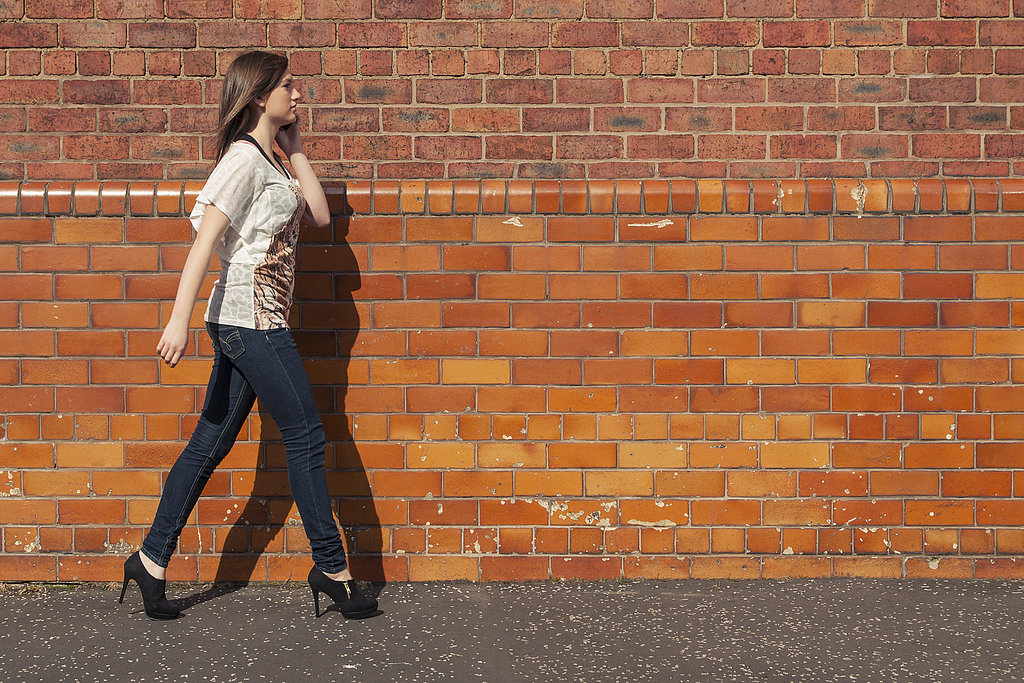
12- Stay Active
Exercise isn’t the only way to expend energy; being active throughout the day, whether it’s running errands or talking on the phone while you take a walk, helps ensure that you’re sleepy when your head hits the pillow.
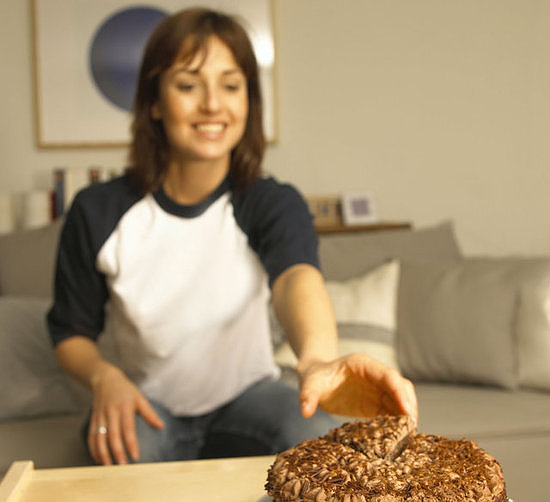
13- Avoid These Foods
Eating the wrong foods will disrupt your sleep, so stay away from meals heavy in proteins, greasy foods, or these other foods to avoid late at night.

14- Use an App
Smartphone apps can help you sleep by guiding meditation, creating white noise, or tracking your sleep habits.

15- Meditate
Clearing your mind allows you to drift off to sleep. Many people think meditating in the morning is best- and it is a great way to start your day, however meditating before bed is also a great way to end your day and can help you make the transition from your day of activity to a night of sleeping peacefully.

16- Eat an Earlier, Lighter Dinner
Eating a heavy, greasy, and late dinner can cause discomfort when you’re trying to go to sleep, so go with an earlier, or lighter dinner to ensure your digestive system isn’t causing you to stay awake.

17- Stop the Afternoon Coffee Break
Caffeine affects people differently, but if you’re finding that tossing and turning correlates to your afternoon coffee run, now’s the time to switch. If you’re looking for ways to reenergize in the afternoon, take a walk, gulp water, or trade your coffee for an herbal tea.
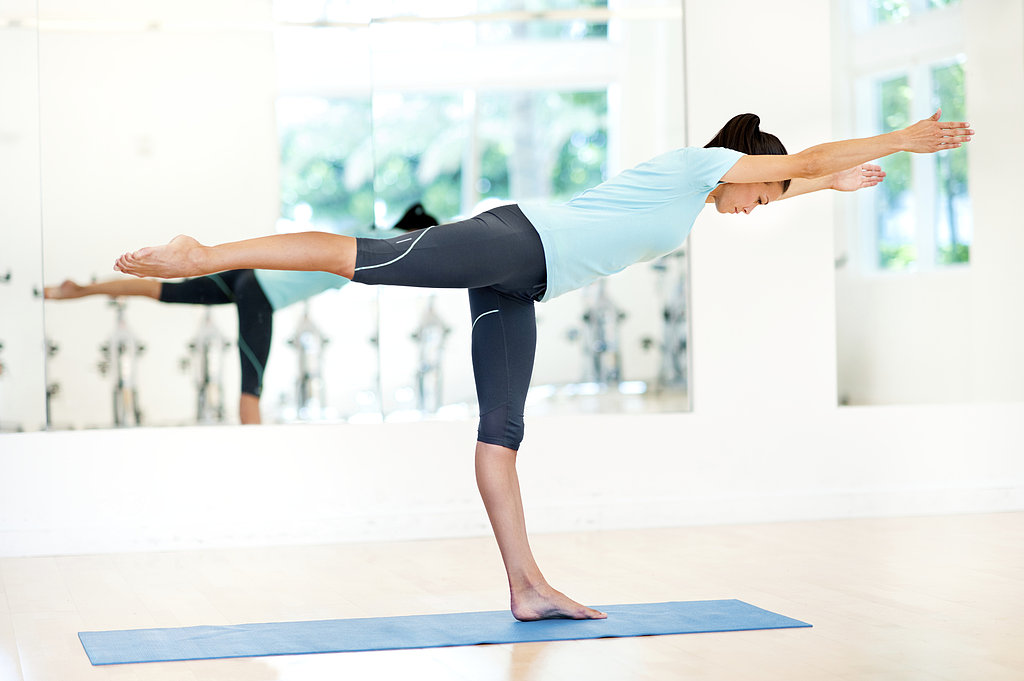
18- Do Yoga
Besides the stress-releasing stretch you’ll give your body, yoga helps you relax your mind, as well. Incorporating a basic yoga routine during the day can help ease stress, and help you fall asleep at night. Adding in some relaxing poses before bed can help your body unwind, release the tension created throughout the day, and focus on sleep. Because yoga focuses on breathing, learning how to breathe properly gives you an added benefit of decreasing your heart rate, calming you down, and improving your rest.
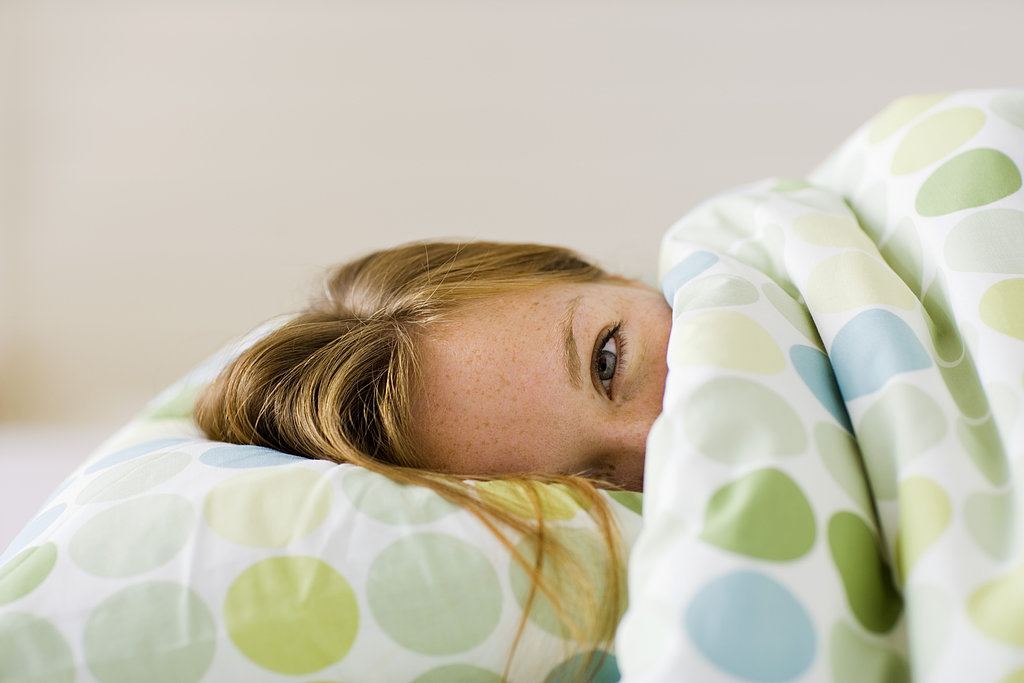
19- Find the Right Temperature
Did you know that the best temperature for helping you get proper sleep is between 65 and 72 F degrees(18-21 C degrees)?

20- Try Aromatherapy
Lavender and tea tree oil are two popular soothing scents; add a few drops of these essential oils to your sheets to see if they help you drift off.
Extra: Make a Routine
Taking time to wind down in the night can help you prep your body and mind for a good night’s sleep. Pick a few items from this list to make a pre-bedtime ritual; whatever you choose, make it a routine so you get used to the idea of “winding down.”













